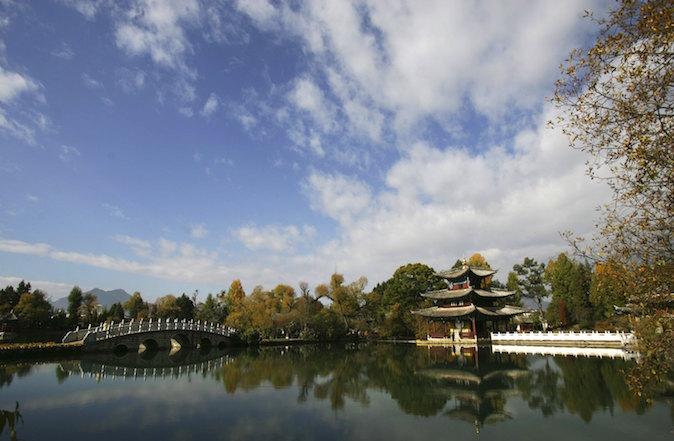Of all the corrupt officials to be taken down in China, many of the targets are obvious: oil barons, spymasters, security chiefs. And now: landscapers?
According to recent reports, parks and greenery administrators nationwide have been using their knowledge of trees and plants—which neophyte can tell the difference between 7,000 and 8,000 trees, for example?—to wring millions of dollars from the taxpayer, according to Legal Weekly, a state-run publication.
One common tactic is to get funding for landscaping projects, then exploit the difference between projected costs and actual costs. For example, officials insist on valuing all trees above three feet in height by their broadness, when a range of other metrics—species, age, height, branch shape, etc.—are normally taken into account in determining their price.




